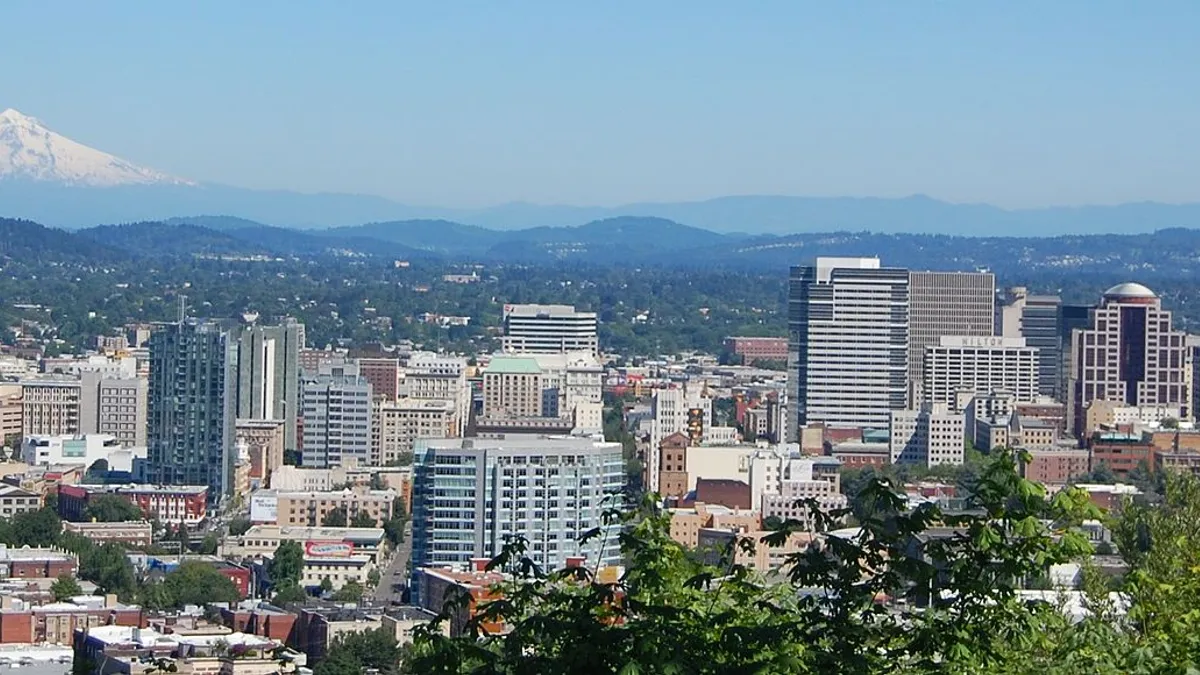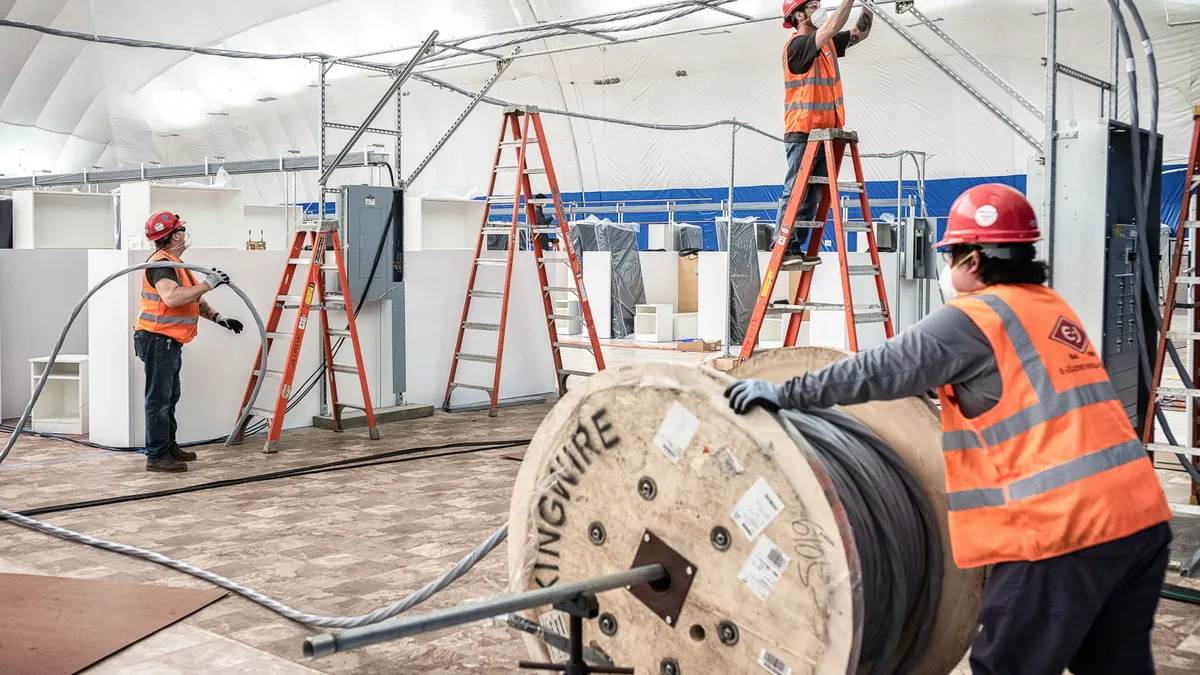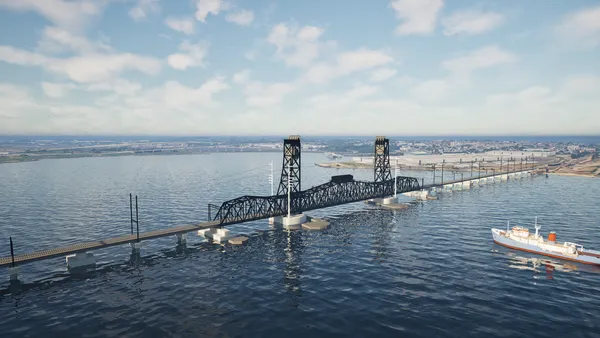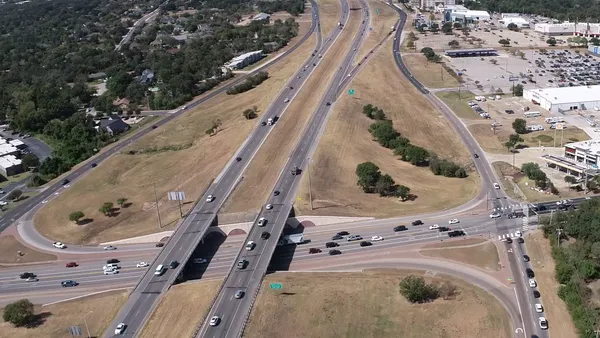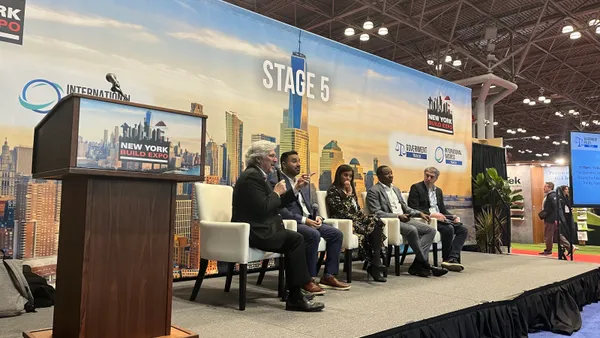Dive Brief:
- Oregon tops U.S. News & World Report's state infrastructure rankings, according to KCOIN 6 News, based on an evaluation of energy, transportation and internet access.
- The list, based on data from McKinsey & Company, weighs each state's performance when it came to items like renewable energy, power reliability and cost, broadband download speed and the number of households with broadband internet. The rankings also take into consideration commute times, public transportation usage, the quality of roads and the structural integrity of bridges, according to U.S. News & World Report.
- Washington is ranked No. 2, followed by Utah, Nevada, Minnesota, North Dakota, Colorado, South Dakota Nebraska and Illinois. The states ranked last on the list are Mississippi, Texas, Hawaii, North Carolina and Kentucky. (The District of Columbia is not included in the list.)
Dive Insight:
The state of the country's infrastructure is a hot topic for a number of reasons. First, engineering and infrastructure groups keep reporting on how bad it is. According to the American Society of Civil Engineers (ASCE), it would cost $4.6 trillion to complete all the necessary infrastructure work in the U.S. by 2025. Also, the American Road and Transportation Builders Association (ARTBA) reported that about 9% of the country's bridges are structurally deficient. ARTBA estimates a repair cost of up to $700 billion.
However, according to a report last month from the RAND Corp., the state of U.S. infrastructure isn't all that bad.
Researchers said that there are pockets of disrepair, but it is not as widespread as some would have Americans and lawmakers believe. Therefore, the report authors recommend that Congress target funding toward the places that need it the most, using such financing mechanisms as municipal bonds and mileage-based fees. The RAND report also suggested increasing the use of technology, focusing on federal assets, implementing more resilient designs and speeding up the federal review process.
Second, the Trump administration has made infrastructure a major policy initiative. The White House said it would unveil the details of the president's $1 trillion infrastructure program this month, but, according to The Hill, that announcement could be delayed until February after Trump delivers the State of the Union address Jan. 30. Until September, it was widely anticipated that public-private partnerships (P3s) would be the linchpin of the president's infrastructure plans, but he walked that back a bit, claiming that P3s were more trouble than they were worth.


